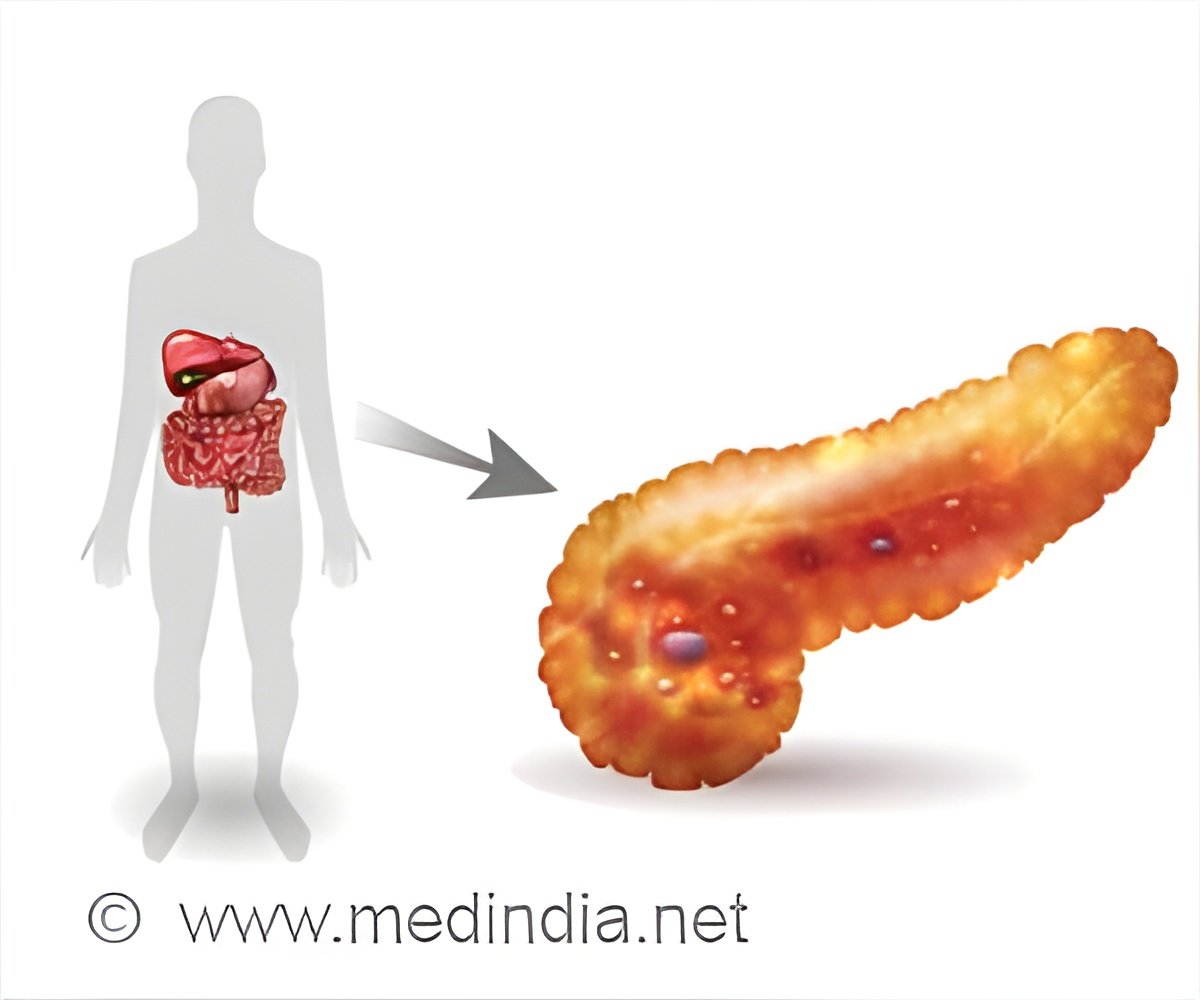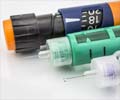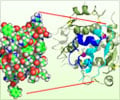Revolutionary diabetes treatment using fat-derived cellular concentrate to regenerate cells, enhance insulin response.

Insulin Dependent Diabetes Mellitus
Go to source)
Diabetes: Alarming Facts
Diabetes is a metabolic disorder that has become a global concern. In India, roughly 10 percent of adults, or 10 crore people suffer from it while 13.5 crore people are in a prediabetic state. A government hospital in Uttar Pradesh’s Kanpur in 2022 became the first in the country to perform the first fat-derived stem cell transplant.‘Fat, but in a good way! A new treatment using #fatcells could revolutionize #diabetes care. #diabetestreatment’





“A cellular concentrate made from fat tissue is proving more than useful in the management of uncontrolled Type-2 diabetes,” Prof ( Dr.) B S Rajput, Visiting Professor at GSVM Medical College, which conducted the trial, told IANS. In this method, stem cells are extracted from waist and abdominal fat and injected into the patient's muscles and blood cells, enabling the patient's pancreas (beta cells) to release normal amounts of insulin. A 50-year-old man became the first recipient of an adipose-derived stem cell transplant. He had been suffering from type 2 diabetes for the past five years. “The patient’s HbA1C levels decline from 10 to 6.5 in just 6 months without changing lifestyle and dietary habits or even drugs,” the doctor added. The HbA1c test is used to evaluate a person's level of glucose control.
The trial “has come as good news for all the patients with type 2 diabetes who have to take insulin frequently,” Rajput said. “Fat-derived cellular concentrate, a promising treatment for diabetes, involves using stem cells from a patient's fat tissue,” Dr. Manisha Arora, Director - Internal Medicine, Diabetes Specialist at the CK Birla Hospital(R), Delhi, told IANS.
“These cells help regenerate damaged insulin-producing cells in the pancreas, potentially improving insulin sensitivity and blood sugar regulation,” he added. Rajput noted that fat-derived cellular concentrate transplant is “suitable in the management of uncontrolled diabetes; diabetic complications like nerve and kidney damage; and also for diabetes with cardiac complications”.
He stressed that this “is a minimal manipulation tissue transplant technique with a very high success rate in the management of diabetes using Australian patented technique of processing”.
Advertisement
Reference:
- Insulin Dependent Diabetes Mellitus - (https://www.nationwidechildrens.org/conditions/diabetes-insulin-dependent-diabetes-mellitus-type-i)















